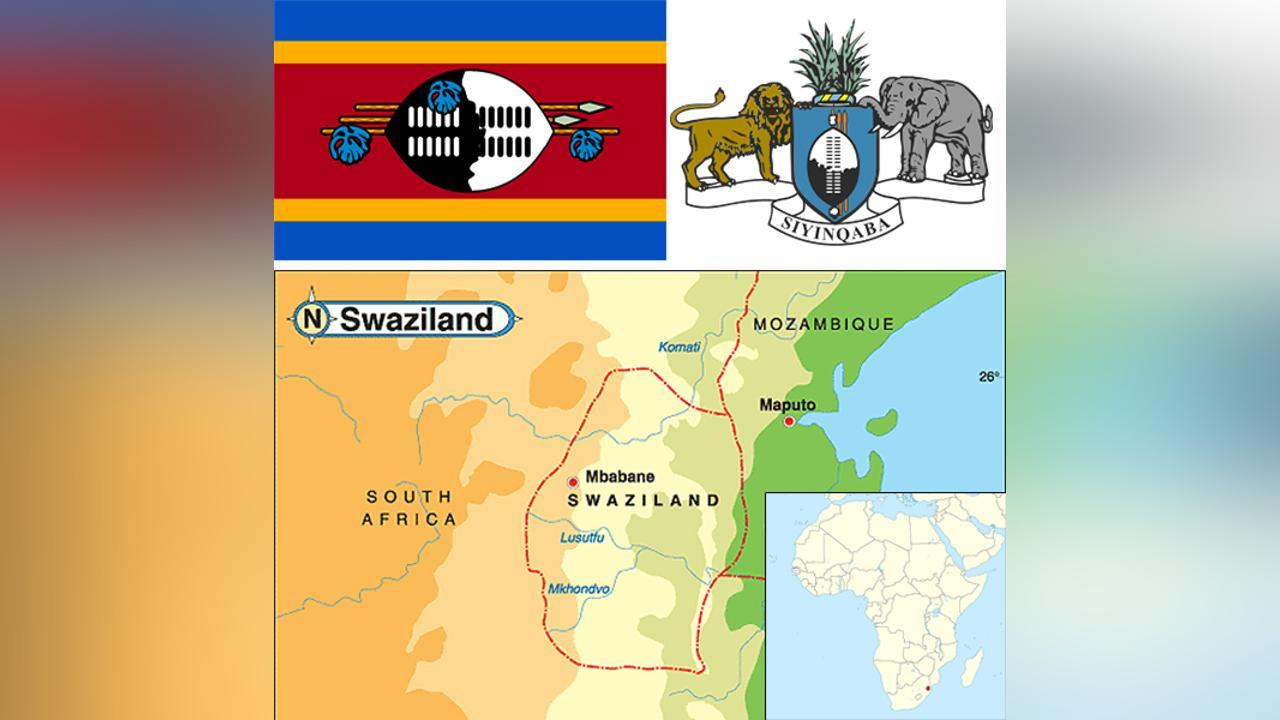Africa-Press – Eswatini. In the heart of Southern Africa, the Kingdom of Eswatini stands at a critical juncture.
The nation, grappling with the vestiges of a feudal-like tnkhundla system, finds its democratic aspirations challenged by deepening schisms within the mass democratic movement. This discord threatens to derail the delicate project of democratisation, a cause for which many emaSwati fervently yearn and have paid heavy prices for. Eswatini’s quest for democracy is not merely an ideological pursuit; it is a struggle rooted in the conviction that the current political system, which suppresses dissent and centralises power, is untenable. The resistance against this autocratic regime has seen its share of tragedy and resilience: Lives have been lost, futures altered by violence and the day-to-day hardships that come from an economy under strain. These sacrifices underscore the dire need for a transformative agenda that promises a more equitable and prosperous future for all emaSwati. Amid this backdrop of struggle, the regime continues to assert its dominance. Its aversion to dialogue and reform reveals a fear of relinquishing control, illustrating a preference for maintaining an outdated and oppressive status quo.
This resistance to change is not just about clinging to power; it is about an ideological battle against the adoption of governance principles like accountability, transparency, inclusiveness and fiscal prudence – values that are fundamental to any thriving democracy. However, the path to transformation is riddled with obstacles. The mass democratic movement – a collective of civil society organisations, political parties, unions, religious groups and media outlets – faces internal discord that weakens its capacity to lead the nation towards a democratic future. The movement’s fragmentation, fuelled by debates over election participation and marred by petty politics and indecision, has diluted its influence, much to the detriment of its cause. Such division is particularly disconcerting given the awakening political consciousness among emaSwati, propelled by recent events including the suspicious death of law student Thabani Nkomonye, the economic and healthcare crises exacerbated by the COVID-19 pandemic and State-sanctioned violence against protestors.
Adapted
These incidents galvanised the public, inspiring both new and existing political entities to advocate for change. The media, too, has adapted, striving to meet the demands of an increasingly engaged and discerning audience. This period represents a crucial epoch in Eswatini’s democratic struggle, reminiscent of similar moments of potential transformation that have previously arisen and receded in the nation’s history. The challenges facing the mass democratic movement are not insurmountable. The movement must find a way to transcend its current discord and present a unified front. This requires a recommitment to the foundational principles of democracy, a clear and cohesive strategy for the way forward, and an unwavering resolve to prioritise the well-being and aspirations of all emaSwati over narrow political interests.
As Eswatini stands at this crossroads, the stakes could not be higher. The nation’s democratic movement must heed the lessons of its past, rallying together to seize this moment of opportunity. For if it fails to do so, the dreams of a democratic Eswatini, nurtured through decades of sacrifice and struggle, may once again be deferred, leaving the future of this vibrant kingdom in uncertainty. The labour movement, a critical component of these forces, needs to wake up from its slumber. We have watched how it has allowed itself to lose itself to its historically critical site of struggle, the streets. This has weakened it to levels never seen before. Proof of that is how it has failed to gain anything of significance on the negotiations table in many years now. Nothing can be won on the negotiations table which has not been won on the streets.
Organised labour is arguably the one sector, in our context, which can legitimately go on the streets and galvanise mass participation. It has chosen, instead, to use the positions for self-aggrandisement and ignore the social ills that plague their members. As things stand, membership is waning and government is able to run roughshod over them. We need a serious re-wakening of the mass democratic movement. It needs to find itself once again, reflect and decide if it is still for purpose. As things stand, the regime has reorganised itself and is consolidating its power and grip in a manner never witnessed before; from business to culture and everything in between. It might take another two decades again for any prospect of real change to present itself.
Source: TIMES
For More News And Analysis About Eswatini Follow Africa-Press







